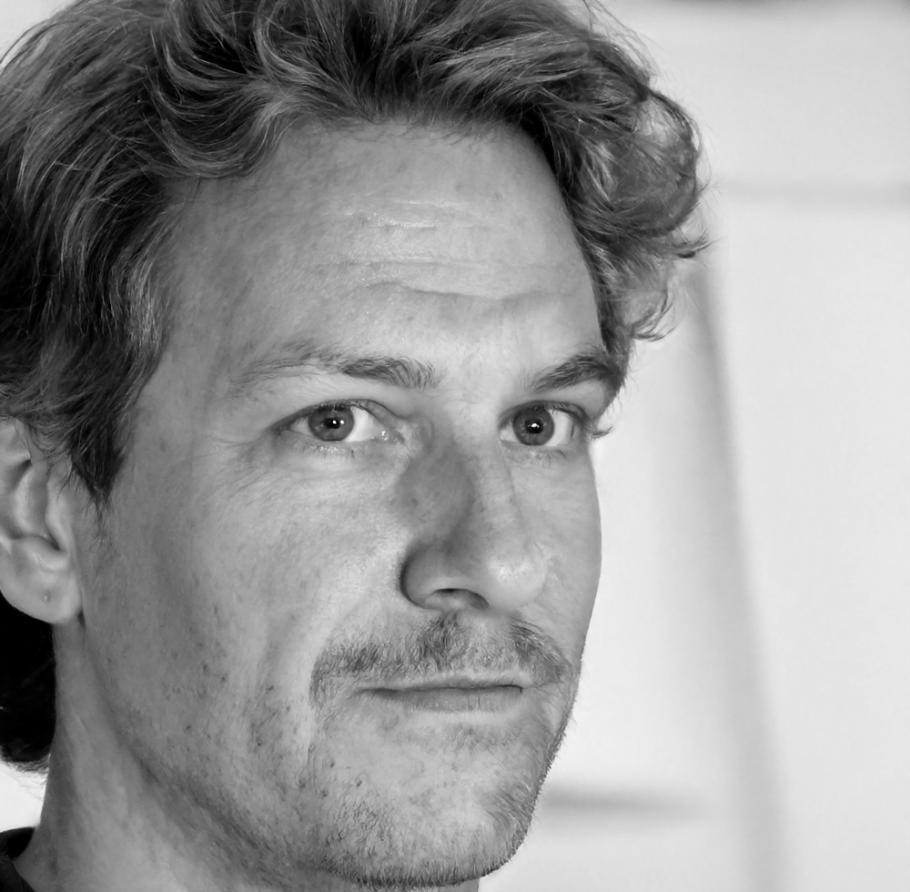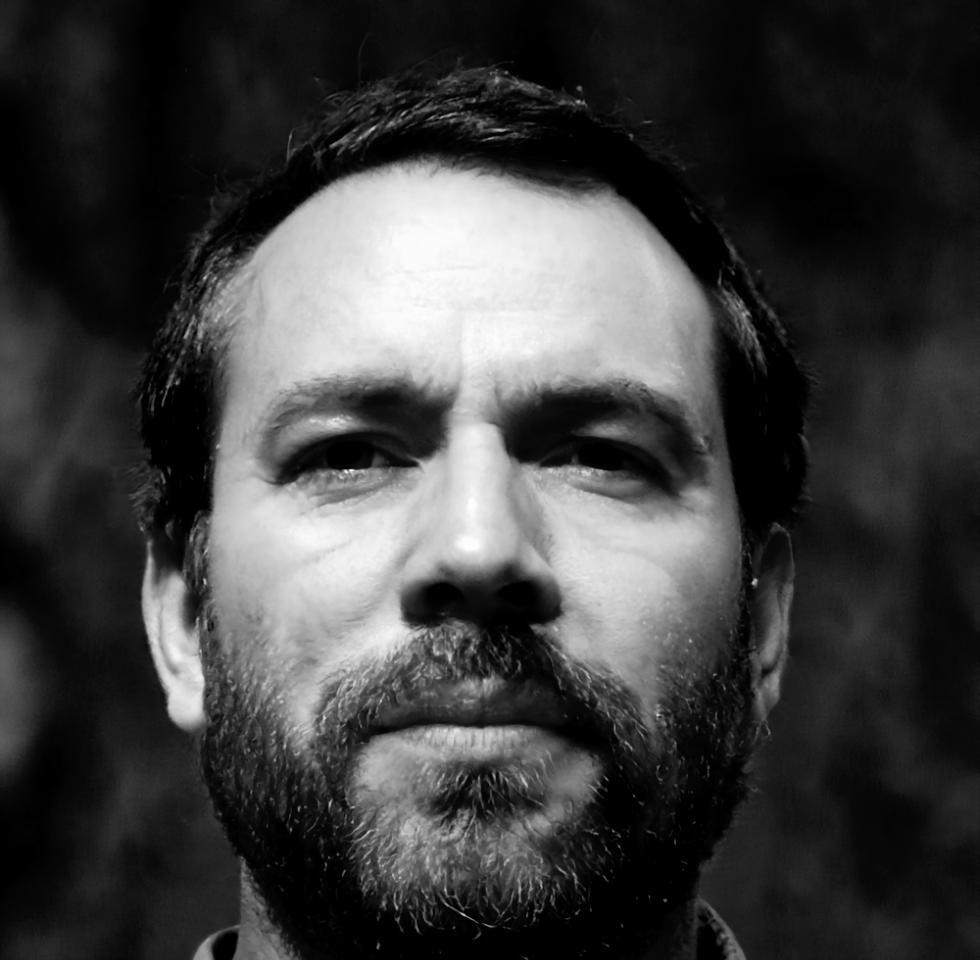Why Financial Modeling Education Needed Rethinking
Most courses taught perfect scenarios. But real financial work? It's messy. Data comes in late, assumptions change mid-project, and stakeholders want different versions yesterday.
We watched talented analysts struggle not because they lacked skills, but because their training didn't prepare them for how financial modeling actually happens in business environments.
So we built something different. A program that teaches the technical foundations while showing you how to handle the chaos that comes with real projects. Because knowing Excel functions matters less than knowing what to do when your data source suddenly changes format at 4 PM on a Friday.



